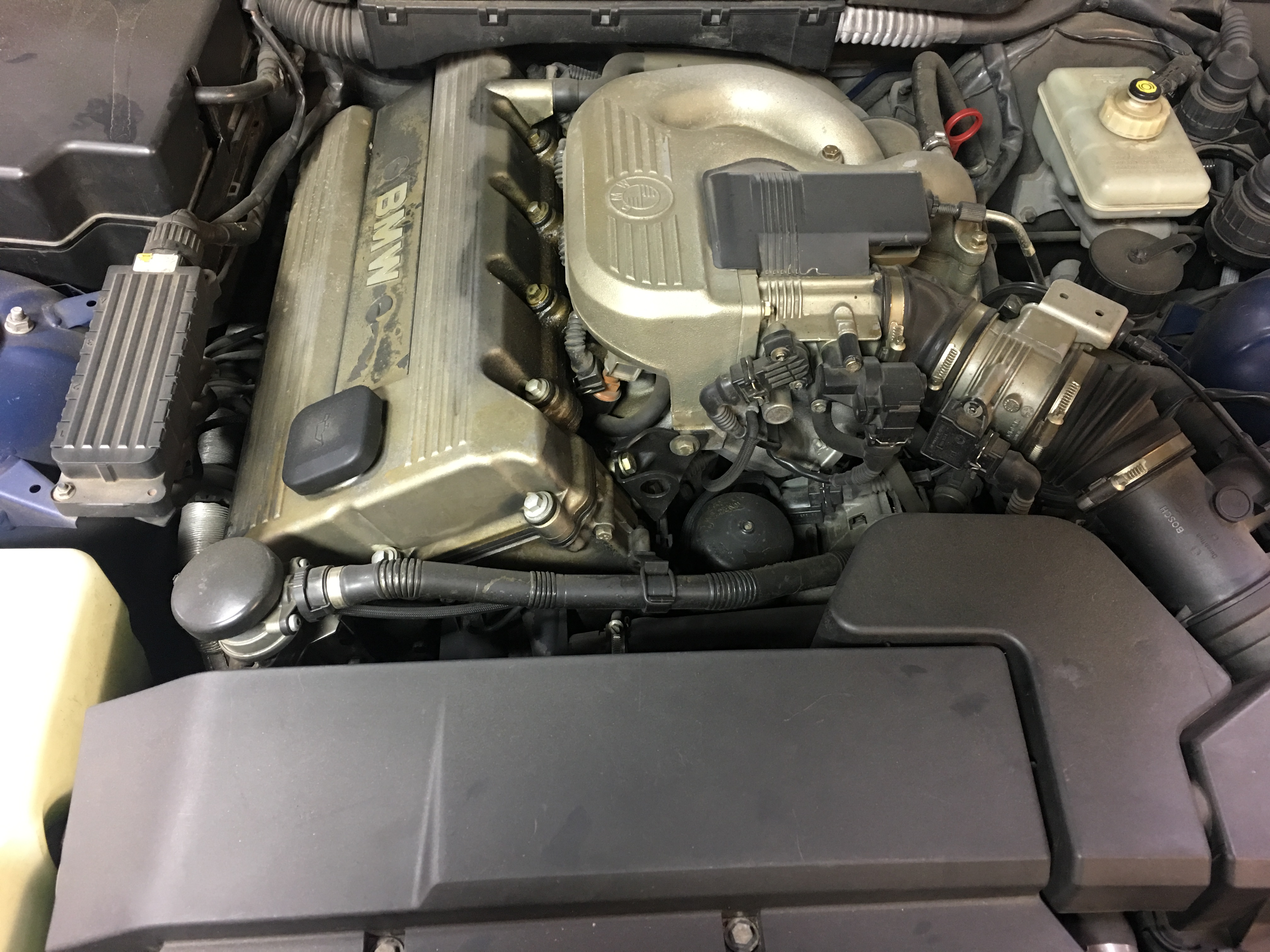Crucial Considerations for Selecting the very best Engine for Your Demands
In the realm of choosing the perfect engine to satisfy your needs, numerous important aspects need meticulous consideration to guarantee ideal efficiency and effectiveness. From the nuanced equilibrium in between power and efficiency to the often-overlooked facets of upkeep and solution needs, each element plays a pivotal role in identifying the most ideal engine for your specific needs.
Power and Performance
When assessing engines for ideal efficiency, it is critical to focus on both power result and performance. Power result determines the capability of an engine to produce energy, which directly influences its efficiency. A high power result is vital for demanding tasks such as heavy-duty applications or high-speed needs. It makes sure that the engine can manage the workload efficiently and efficiently. Power alone is not enough; effectiveness plays a considerable role in establishing the total efficiency of an engine. Effectiveness refers to how well the engine transforms gas into usable power. A much more effective engine will provide better gas mileage, reduced discharges, and reduced operating expenses. Striking the right equilibrium in between power output and efficiency is vital to choosing an engine that meets your specific demands. When making this decision, it is vital to consider aspects such as the intended use of the engine, ecological impact, and long-lasting cost ramifications. By very carefully assessing both power and performance, you can choose an engine that provides optimal efficiency and meets your demands properly.
Fuel Efficiency and Economic Climate
Fuel efficiency refers to the engine's ability to transform gas right into energy with minimal waste, straight influencing operating expenses and environmental sustainability. Engines with higher gas performance not only decrease fuel expenditures yet likewise decrease carbon emissions, adding to a greener operation.

Compatibility and Application
Taking into consideration the fuel performance and economic climate of an engine, the next critical aspect to address is its compatibility and application within details operational contexts. Compatibility describes how well the engine incorporates with the overall system or devices it powers. It entails aspects such as physical measurements, installing alternatives, electrical user interfaces, and control systems. Ensuring compatibility is necessary to avoid problems such as getting too hot, vibrations, or power inequalities (bmw 318ti).
Different engines are designed for particular purposes, whether it be commercial machinery, aquatic vessels, automobiles, or power generators. Comprehending the designated application enables for the selection of an engine that can deliver the needed power result, torque, and operational features.
Maintenance and Solution Needs
Maintenance and service demands play an essential role in making certain the long life and ideal efficiency of an engine. Regular maintenance is important to protect against failures, prolong the life-span of the engine, and keep its efficiency. When choosing an engine, it is essential to think about the supplier's advised maintenance routine and the schedule of service centers or qualified specialists.
Aspects such as the regularity of oil adjustments, filter substitutes, and general inspections can substantially influence the engine's efficiency. Some engines might need even more frequent maintenance based on their design and usage, while others might have longer periods in between upkeep checks. It is important to stick to these service demands to prevent costly repair work and unexpected downtime.

Cost and Spending Plan Considerations
Budget restraints typically play a significant duty in the decision-making process when picking an engine for a specific application. When taking into consideration the cost and spending plan implications of picking an engine, it is vital to analyze not only the first purchase cost but likewise the lasting view expenses connected with maintenance, fuel intake, and potential upgrades or repair services. It is crucial to strike a balance in between the upfront expense of the engine and its total lifecycle costs to make sure that the picked engine stays monetarily lasting throughout its operational life expectancy.
Variables such as fuel sturdiness, performance, and reliability can straight affect the complete price of possession of an engine. While an extra expensive engine may have higher upfront costs, it could potentially result in lower my website maintenance and fuel costs in time, therefore using much better worth in the lengthy run. In addition, considering the availability and cost of spare components, along with the convenience of upkeep and solution, can assist stop unforeseen monetary stress in the future. By very carefully examining these expense and budget considerations, you can make an enlightened choice that lines up with your monetary constraints and operational requirements.
Verdict

Fuel effectiveness refers to the engine's capacity to convert fuel right into power with minimal waste, directly affecting operating prices and environmental sustainability.Elements influencing gas performance include engine design, combustion effectiveness, and general efficiency optimization. In addition, selecting the suitable fuel kind and quality as recommended by the engine manufacturer can even more improve efficiency and extend engine life expectancy.
Engines with excellent utility features and readily available parts can decrease maintenance expenses and lessen the time the engine is out of procedure - bmw 318ti. It is critical to strike an equilibrium in between the upfront cost of the engine and its overall lifecycle costs to make sure that the selected engine stays go to my blog economically sustainable throughout its operational lifespan